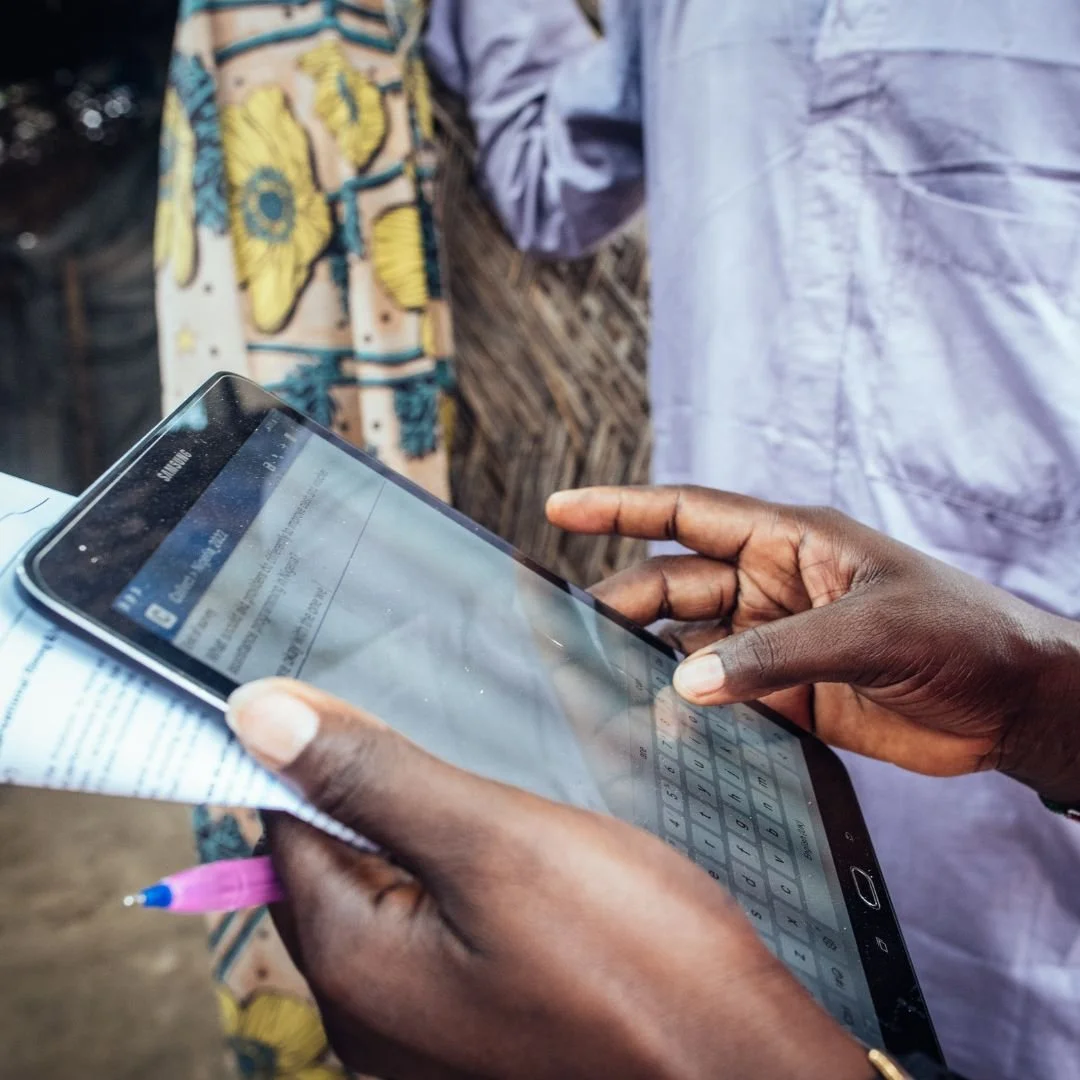Our work /
Our approach
Through agile and contextualised research approaches, we support and challenge aid actors to do better.
Research
-
Using mixed methods, we ask people affected by crisis about their experiences of humanitarian action.
Discuss
-
We facilitate discussions with affected communities, civil society and humanitarian actors at all levels, to make sense of research findings, and encourage action based on community input.
Amplify
-
Our advocacy work ensures community feedback and lessons learned from country programmes feeds into global policy and funding decisions.
How we work
Using an evolving methodology that draws from customer satisfaction research and polling, we speak to people response-wide and find out what they think about how the response is being implemented, and to what extent it is working for them.
We do not conduct needs assessments. Rather, we focus on quality metrics taken from agreed global standards like the Core Humanitarian Standard – participation, effectiveness, agency, trust, respect, and information – and the stated goals of a response (the Strategic Objectives in a Humanitarian Response Plan, for example).
We use community perception data to track how things are faring over time, and supplement it with dialogue to dig deeper into findings and make them actionable.
Working in partnership
We partner with humanitarian actors to enable us to change processes, policies, and behaviour across a range of programmes and activities. To be an effective agent of change into the future, we need strong allies at all levels of decision-making. Three factors inform how we identify partners: their alignment with our vision, the leverage they can offer in achieving it and their proximity to communities affected by crisis.
Find out more
-

Where we work
-

Themes



